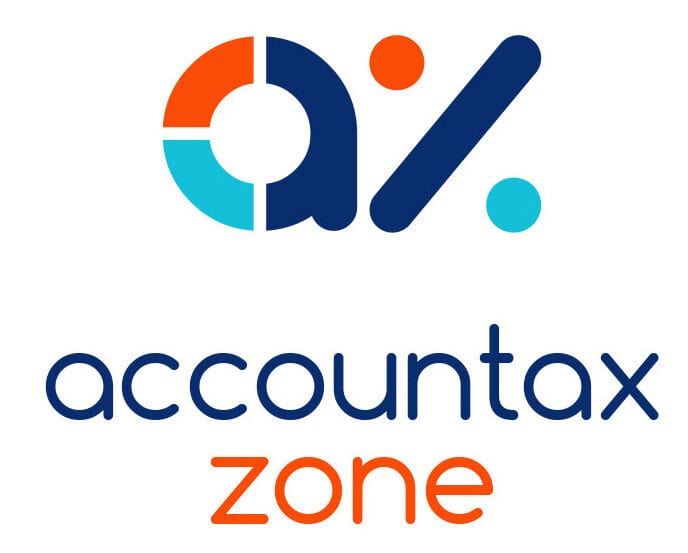Owners of personal and family companies frequently pay themselves a small salary and extract further profits as dividends. To utilise the unused personal and dividend allowances of other family members, an alphabet share structure (whereby each shareholder has their own class of shares, e.g. A ordinary shares, B ordinary shares, etc.) provides the flexibility to tailor dividend payments to the circumstances of the shareholder.
Minor children also benefit from a personal allowance (set at £12,570 for 2023/24) and a dividend allowance (set at £1,000 for 2023/24). On the face of it, it can be beneficial to pay dividends to minor children to utilise their allowances. However, where shares are gifted by a parent to a child, the associated dividends are treated for tax purposes as dividend income of the parent rather than the child where they exceed £100 a year.
HMRC have recently become aware of a dividend diversion scheme which is marketed as a tax planning option to fund education fees. HMRC are of the view that the arrangements do not work.
You may also like to read: Key person insurance – When can you claim a deduction?
The scheme
The scheme in question seeks to avoid tax by allowing the director shareholders to divert dividend income from themselves to their minor children. In a bid to avoid being caught by the settlements legislation, the arrangement works as follows.
- A company issues a new class of shares which usually entitles the owner of the shares to certain dividends and voting rights.
- A person other than the company owner, such as a grandparent of the minor child or a sibling of the company owner, purchases the new shares for an amount significantly below their market value.
- That person gifts the shares to a trust or declares a trust over the shares for the benefit of the company owner’s children.
- The purchaser of the new shares or the company owner votes for a substantial dividend payment in respect of the new class of shares.
- The dividend is paid to the trustees of the trust.
- As beneficiaries of the trust, the company owner’s children are entitled to the dividend.
HMRC are of the view that the arrangements are caught by the settlements legislation and do not work. The effect of the arrangements is to divert dividend income from the company owner to his/her minor children and as such the income will be taxed as that of the company owner rather than as that of the minor child.
Similar arrangements may also fall foul of the settlements legislation.
Partner note: ITTOIA 2005, ss. 619 – 648; Spotlight 62.










